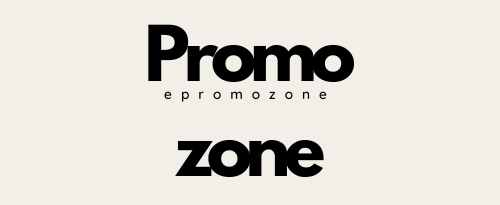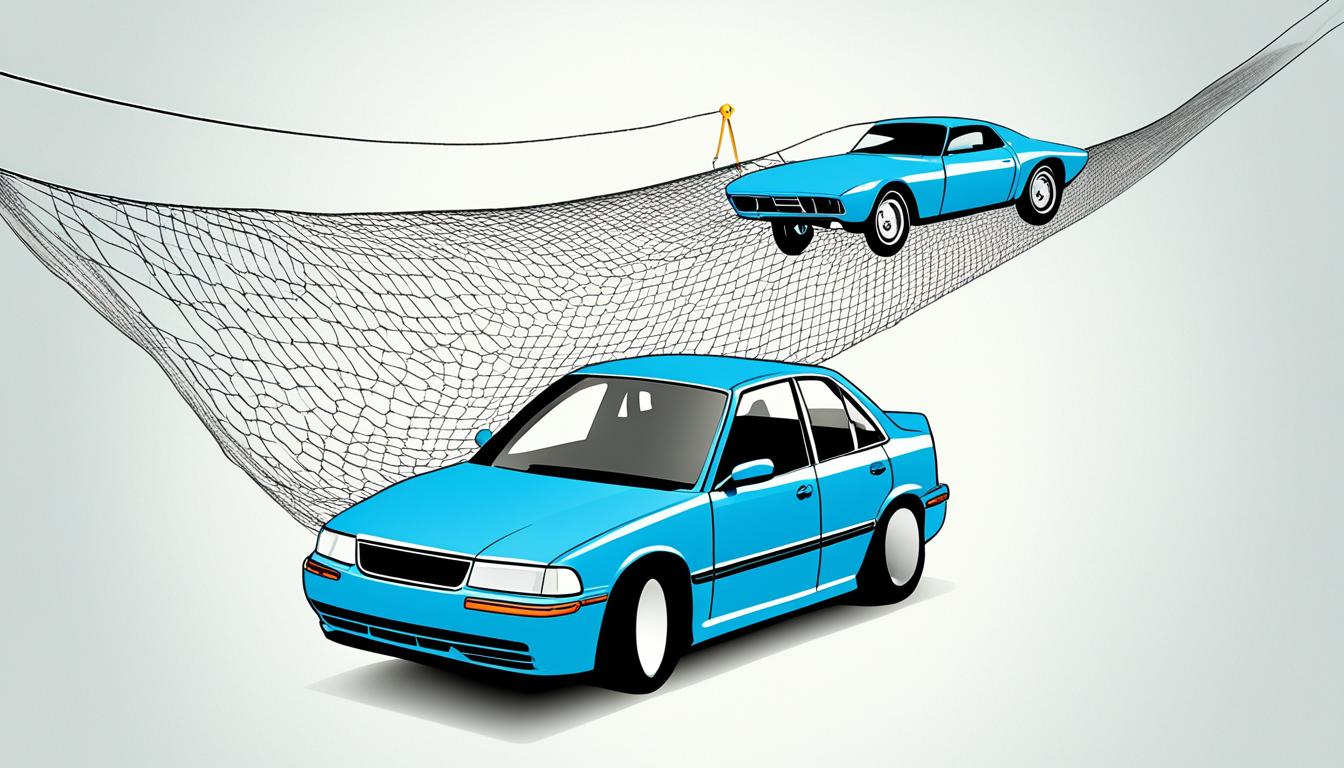Did you know that about 1 in 4 car owners might face financial trouble after an accident? This fact highlights the need for gap insurance. You might ask, why think about gap insurance if you already have auto insurance? Gap insurance steps in during unexpected events, covering the gap between what you owe on your car and its current value. It’s key to understanding gap insurance to protect your finances and be ready for surprises.
Key Takeaways
- Gap insurance helps cover the difference between your car loan and its market value.
- It offers essential protection during theft or total loss scenarios.
- Understanding gap insurance benefits can prevent unforeseen financial stress.
- Regular auto insurance may not fully cover your financial obligations.
- Consider gap insurance if you owe more than your car’s market value.
Understanding Gap Insurance
When looking at vehicle insurance, it’s key to understand what gap insurance is and its role in financial protection. Gap insurance is crucial for car owners. It helps cover losses that regular insurance might not cover.
What is Gap Insurance?
Gap insurance coverage helps pay the difference between what you owe on your car loan and its current value. Cars often lose value quickly, leaving you in trouble if they get totaled. Knowing about gap insurance can prevent big financial hits in such situations.
How It Works
Gap insurance is simple to grasp. Imagine buying a $30,000 car that’s now worth $20,000 after a year. If it gets totaled, your insurance might only pay $20,000, leaving you with a $5,000 gap. Gap insurance covers this gap, so you won’t face unexpected costs from depreciation.
Importance of Gap Insurance
Gap insurance is key to protecting your money in a vehicle. Many car owners don’t know how fast their cars lose value after buying them. This quick loss in value can leave you in a tough spot if an accident happens, leading to big financial losses.
Gap insurance acts as a safety net. It makes sure you’re covered when the unexpected happens.
Protecting Your Financial Investment
Gap insurance is a must for protecting your money in a car. Regular auto insurance pays out based on your car’s current market value. But, this might not cover what you still owe on your loan if your car gets totaled. That’s where gap insurance kicks in, covering the gap and protecting your investment.
Unexpected Events and Financial Safety
Life can throw surprises at you anytime. With gap insurance, you won’t have to worry about finding extra cash. You can relax knowing that if an accident happens, gap insurance will cover any gap between what you owe and your car’s value. This extra safety means your investment is protected from unexpected events.
Benefits of Gap Insurance
Gap insurance can greatly improve your financial health. It helps cover the costs of a financed vehicle if it gets totaled. This way, you won’t be stuck with payments for a car you can’t drive.
Financial Coverage Beyond Regular Insurance
Gap insurance offers extra protection not found in regular car insurance. If your car is totaled, standard insurance might only pay its current value. Gap insurance covers the difference, so you won’t have to pay for a car you can’t use.
Peace of Mind During Uncertain Times
Accidents or theft can be stressful. Gap insurance gives you peace of mind by covering your financial risks. It lets you focus on recovery without worrying about debt. Many people feel safer and more confident with this insurance.
Gap Insurance Coverage Explained
Gap insurance coverage is key to protecting your finances. It’s crucial if you finance or lease a car that loses value quickly. Knowing what it covers prepares you for unexpected events that could affect your payments.
What Gap Insurance Typically Covers
Gap insurance helps in certain situations, like when your car’s value drops below what you owe on your loan or lease. It covers:
- The gap between your car’s value and what you still owe on your loan or lease.
- Depreciation in the early years of owning your car.
- Various financed vehicles, including cars bought, leased, or financed through loans.
This coverage ensures you’re protected if your car is totaled or stolen, giving you peace of mind.
Exclusions to Be Aware Of
Gap insurance also has exclusions you should know about to avoid surprises. These include:
- Damage to your car before the accident or claim.
- Missing payments on your auto loan, which can cancel your coverage.
- Custom upgrades not covered by standard policies.
Knowing these exclusions helps you manage your insurance better. Talk to insurance experts for advice suited to your situation.
Gap Insurance vs. Regular Insurance
Knowing the differences in insurance types helps with your car coverage choices. Gap insurance and regular insurance each have their own roles in protecting your car. Regular insurance covers the car’s actual cash value at claim time, which might not pay off your loan or lease.
Key Differences You Need to Know
Gap insurance and regular insurance differ mainly in coverage limits. Regular insurance pays based on your car’s depreciated value at loss time. This often results in a gap if your car loses value quickly, like with new cars. Gap insurance covers any loan or lease balance left, filling that gap. This is key if your car loses a lot of value soon after buying it.
When Regular Insurance Falls Short
Many car owners find regular insurance lacking after an accident or theft. This is clear when comparing your payout to your loan balance. For example, if you financed a new car and it got totaled, regular insurance might not cover the full debt. In such cases, gap insurance is vital for financial protection, covering the remaining debt.
Gap Insurance Advantages for Car Owners
Gap insurance is key for car owners to know about. It’s super useful in some situations. Knowing when to get gap insurance helps you make smart choices. Let’s look at when this coverage is a must and the risks of not having it.
When is Gap Insurance Most Beneficial?
Gap insurance is a must for those financing or leasing a car. New cars lose a lot of value quickly. If your car gets totaled soon after buying, you might owe more on your loan than the car’s worth. This leaves you with a big financial problem that gap insurance can fix. Think about these cases:
- Leasing a vehicle which typically has lower up-front costs but higher depreciation.
- Financing a vehicle with a high loan balance compared to its market value.
- Purchasing a new model, which tends to experience rapid depreciation.
The Cost of Not Having Gap Insurance
Not having gap insurance can be costly. You could lose money from the difference between your car’s value and what you still owe on your loan. For instance, if your car was bought for $30,000 but is now only worth $20,000, you’re on the hook for that $10,000. Many owners don’t realize how fast cars lose value. This can cause unexpected money problems, making gap insurance a smart choice.
Conclusion About Why You Should Consider Gap Insurance :
Gap insurance is very important for protecting your car investment. It helps cover the gap between what your car is worth and what you owe on it. This is key in unexpected situations like a total loss of your vehicle.
Gap insurance offers more than regular insurance. It acts as a safety net when your usual coverage doesn’t cover everything. This gives you peace of mind and lets you enjoy driving without worrying about money issues.
Think about what insurance you need and how gap insurance can help. As a car owner, this extra protection is crucial for your financial health.
FAQ For Why You Should Consider Gap Insurance :
What is gap insurance?
Gap insurance helps cover the difference between what you owe on your car loan and its current market value. It’s key if your car gets stolen or totaled, as standard insurance might not pay off the full loan balance.
How does gap insurance work?
Gap insurance pays for the “gap” between your car’s value and what you owe on the loan. For example, if your car is worth $15,000 but you owe $20,000, it covers the $5,000 difference if it’s totaled.
Why is gap insurance important?
Gap insurance protects your investment in your vehicle. Cars lose value quickly, leaving owners with debt if they’re in an accident or stolen. Gap insurance ensures you’re not left with a financial hole.
What are the benefits of gap insurance?
Gap insurance offers extra financial protection, peace of mind, and ensures you won’t owe on a car you can’t use. It’s great for new car buyers or those with big loans.
What does gap insurance typically cover?
Gap insurance covers your car loan or lease balance if it’s totaled or stolen. But, it doesn’t cover maintenance, pre-existing damage, or missed payments.
How is gap insurance different from regular insurance?
Unlike regular insurance, gap insurance pays the loan balance if your car is totaled or stolen. It helps when your car’s value drops significantly.
When is gap insurance most beneficial?
Gap insurance is best for financing or leasing a new car, especially if your loan is high compared to the car’s value. It prevents big financial losses if your car is damaged or stolen.
What could be the cost of not having gap insurance?
Without gap insurance, the cost could be huge if your car depreciates a lot. If your car is totaled and you still owe more than its value, you might pay off a loan for a car you don’t have, causing a big financial hit.
Read more about Why You Should Consider Gap Insurance :
Masters in Nursing Education: Advance Your Career

